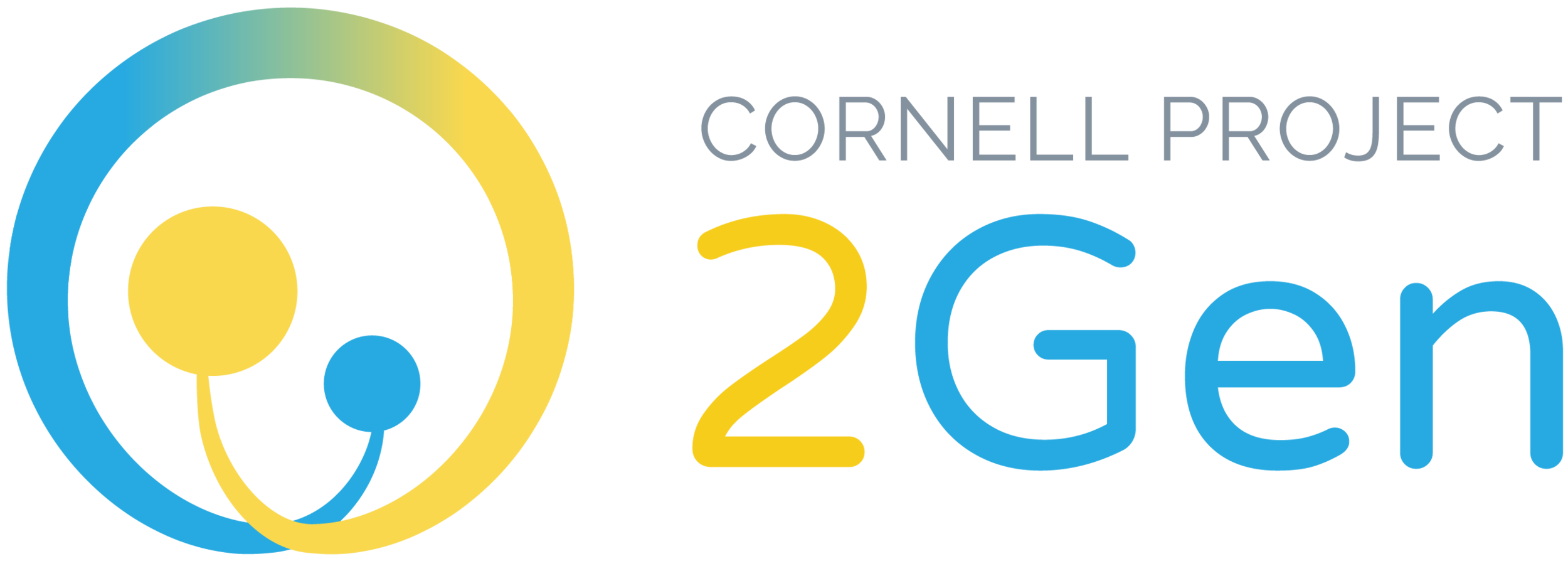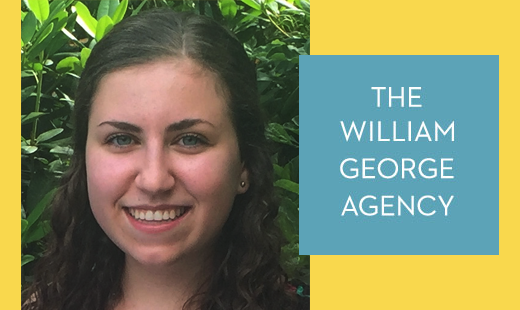Project 2Gen Scholar Helps Local Agency Taking a 2Gen Perspective
Pearlanna Zapotocky, Project 2Gen Summer Scholar
The two-generation approach emphasizes addressing the needs of vulnerable children and their parents together. Aiding vulnerable children and teens, The William George Agency in Freeville, NY provides therapeutic, clinical and medical care for at-risk youth and their families. Striving for a successful reunification after the child completes on-campus treatment, family engagement is key to the child continuing to exhibit positive outcomes in the home setting. While this correlation is evident, in practice involving caregivers with their child comes with a myriad of challenges.
This summer, I interviewed twenty-two family service coordinators and cottage directors about the challenges they face in their work with at-risk youth and their families. The goal of the project was to identify successful strategies for both short-term and long-term family engagement that would advise adjustments to new staff training and current practices. A thirty-minute interview that covered engaging a new client with their family, uncooperative families and families over the longer-term was conducted with each staff member. From these interviews, two main issues with family engagement were identified: distrust and lack of communication. The best tactics used by the workers to combat these common problems included:
reassuring the family that the goal was to get the child home;
differentiating the family’s role from that of social services;
being available to answer questions through all platforms (e.g., cell phone and email);
answering questions beyond the normal work hours of 9-5; and
normalizing the experience by involving families in nonclinical parts of their child’s life.
While the interviews produced a list of successful strategies for family engagement, talking to the staff made me realize that it takes a specific kind of person to facilitate the family-child connection. The workers at The William George Agency put in time well beyond their scheduled hours and are deeply invested in the well-being of the children they look after. Not only do they make themselves available at night, on the weekends, and on their personal cell phones, but they also take whole days out of their life to drive to the furthest regions of New York State to provide home visits.
Staff members’ commitment to connect children to their families is admirable, but their love of their job also made them skeptical of an outside entity questioning their methods. While some members of the staff were very receptive, others were initially guarded. Most of the information they shared pertained to their daily practices, but their responses also included constructive criticism about the agency. Although we used a preset list of questions for the interviews, most information was gathered in sessions that felt more like conversations. This was done by reassuring the staffer that the conversation would remain confidential and adapting questions as the interview progressed. Even though I was eventually able to get great feedback from each one of the staff members at The William George Agency, this experience helped me realize that family engagement is truly about workers’ determination. It is evident from the list of best practices above that the most successful way to engage with families is to demonstrate your dedication.
Through Project 2Gen, I hope to have left The William George Agency with a framework for new staff that reflects the level of dedication required to successfully facilitate the family-child connection; in turn, this ensures children will have a chance to succeed, both at The William George Agency and after.

